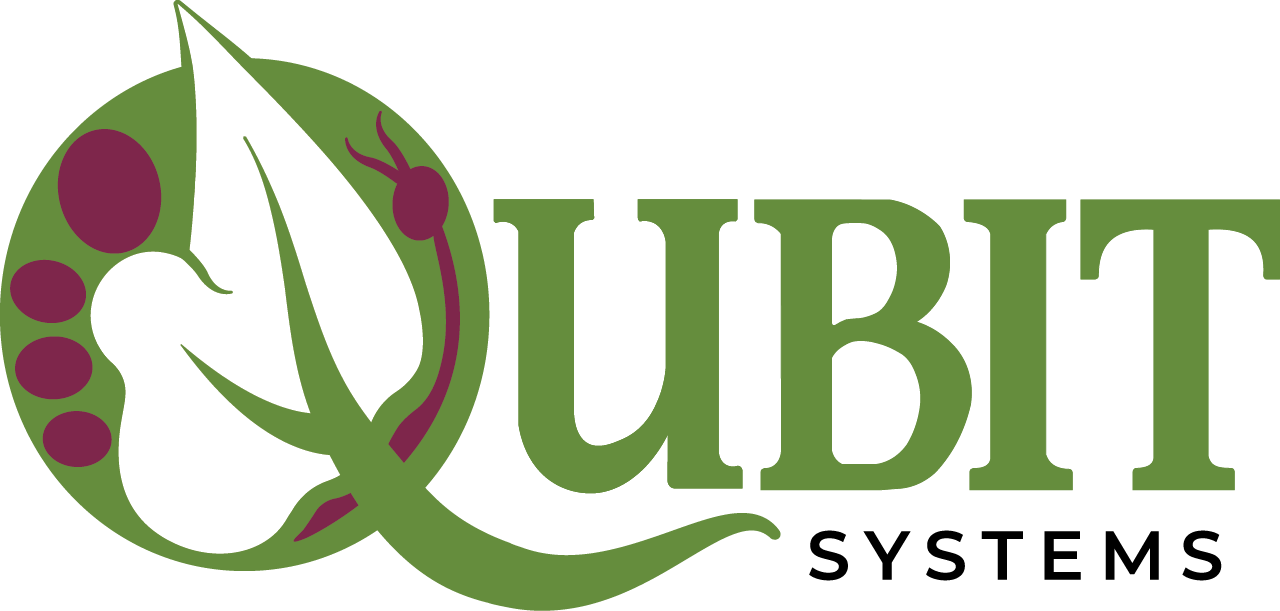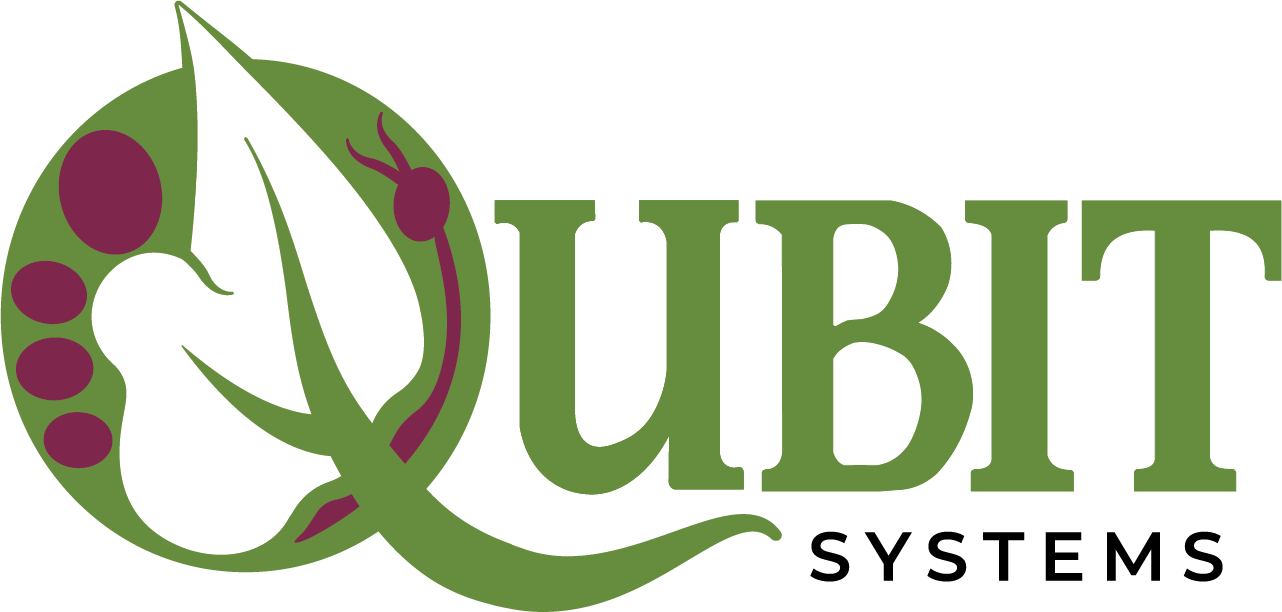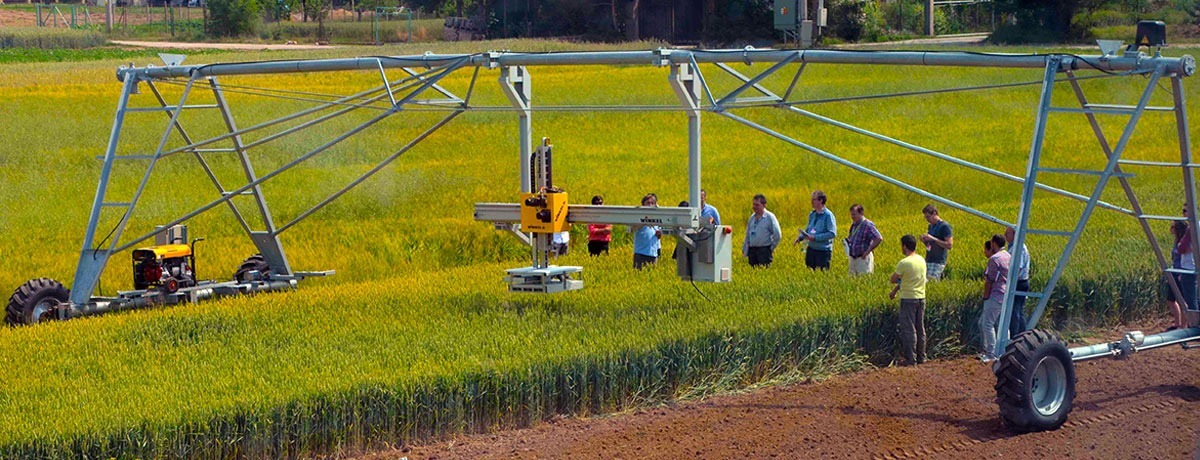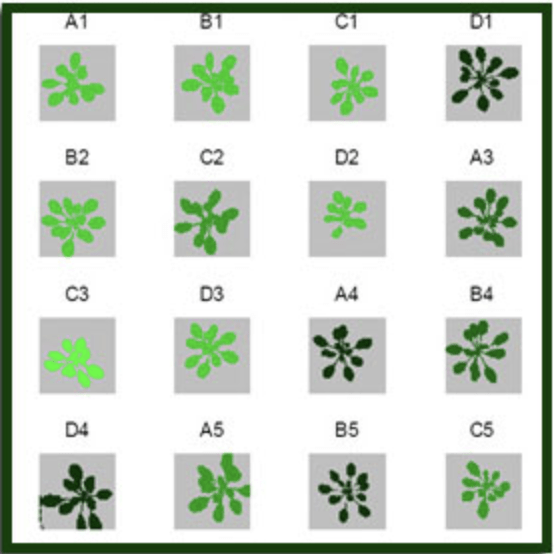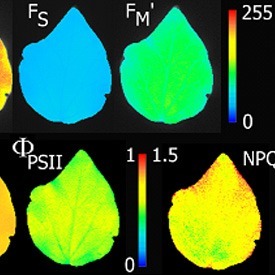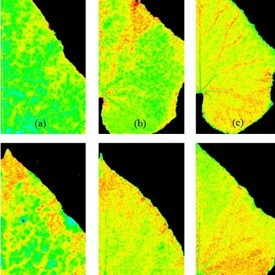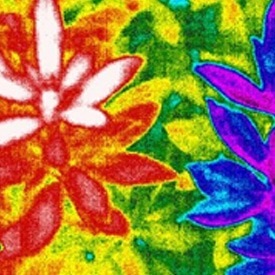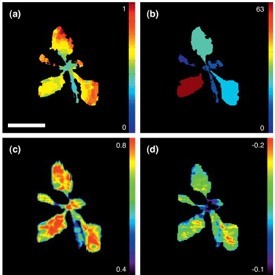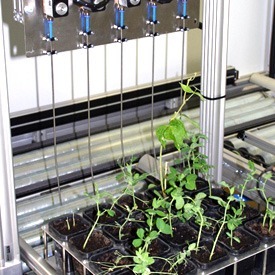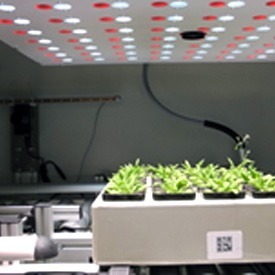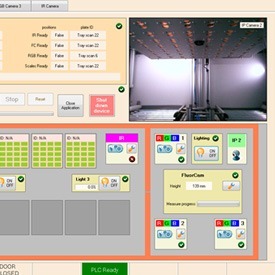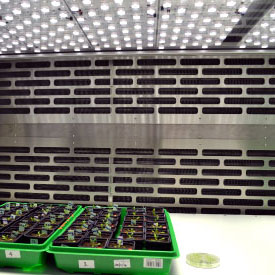In the search for beneficial traits that may allow crops to resist abiotic and biotic stresses, fast and accurate methods are required for efficient and effective plant phenotyping in the field. Such methods must involve automated measurements of plant morphology, biochemistry and physiology to determine potential and actual yield under a variety of monitored environmental conditions. Over the past 20 years, our partners, Photon Systems Instruments, has pioneered numerous techniques for non—invasive measurements of plant processes which have been integrated into a unique line of plant phenotyping systems for field and greenhouses.
An autonomous drive pivot tower contains multiple sensor nodes mounted on an XZ– robotic arm. The mobile Field System moves automatically over the plots at a user specified speed to ensure high throughput measurements. Accurate monitoring of numerous physiological and morphological parameters are recorded by the sensors, and the data are referenced with a time and location stamp. A comprehensive software package, with remote accessibility, is used to control all aspects of the system and sensor modules, including data acquisition, image analysis and data base configuration.
The PlantScreenTM Field Phenotyping System is an autonomous mobile platform for fast and accurate crop phenotyping in the field. The system consists of multi-functional sensor platform mounted on an autonomous drive mechanisms. The system traverses the field automatically at a controlled rate of movement and tags acquired readings to specific plot locations using high precision positioning devices. The platform includes devices for hyperspectral imaging, fluorescent imaging, thermal imaging and for morphometric and canopy analysis. Environmental sensors monitor irradiance , air temperature and relative humidity, wind speed and other conditions at each position in the plot where phenotyping measurements are made.
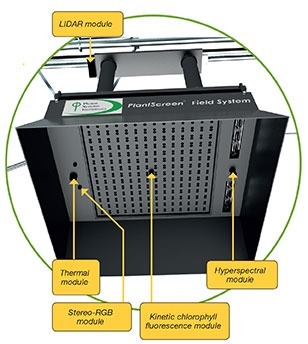
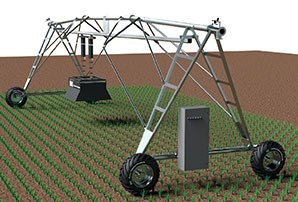
PlantScreenTM software allows the user to program movement of the system for automated deployment in the field. All measured morphometric, biochemical and physiological measurements are collated with environmental measurements at each screening location and may be accessed and analyzed remotely. The field systems are designed and configured to meet the user’s specific requirements with respect to the size and morphology of the plants screened. Every component of the field systems is designed to withstand the severest weather conditions, and to operate flawlessly without user intervention.
A comprehensive software package has been developed for system control, data acquisition, image analysis and data base configuration. A user friendly graphical interface controls all hardware components and allows data acquisition and monitoring of environmental conditions. A high-end industrial PC with a touch screen is used for system control. Scheduling software allows multiple experiments to be run simultaneously, provides different modes for experimental randomization, as well as different treatments per plant, or group of plants, such as different experimental protocols and regimes.
All acquired imaging, environmental and watering/weighing data are stored in an SQL database, processed and available for inspection and further analysis just seconds after recording. The PlantScreenTM Analyser software module provides tools for data browsing, grouping, analysis, user-defined reprocessing and export. Multiple clients can be connected to the database, with different privileges assigned based on a built-in authentication mechanism. SMS and mail notification services are integral parts of the complete phenotyping system. 24-hour online support service is provided with the PlantScreenTM phenotyping solution.
Key Features of Phenotyping IT:
- Comprehensive software package for system control, data acquisition, image analysis and data base configuration
- Randomization of measurements
- Species-specific analysis
- Open database structure
- Remote access
- Automatic SMS and email notification service
- 24-hour online support service
- Online environmental monitoring
- Stereoscopic RGB visible light imaging – for plant height evaluation and leaf overlap detection
- Kinetic chlorophyll fluorescence imaging – for rapid non-invasive measurement of photosystem II activity
- Hyperspectral imaging in VNIR and SWIR regions – for analysis of plant reflective indices across the entire surface of the imaged sample in spectral range from 400 to 2500 nm
- Thermal Imaging – for image-based analysis of plant’s responses to heat load and water deprivation
- Laser distance sensor – for plant height and, optionally, for 3D reconstruction
- IP camera – for online monitoring of the system during operation
- Environmental monitoring sensors
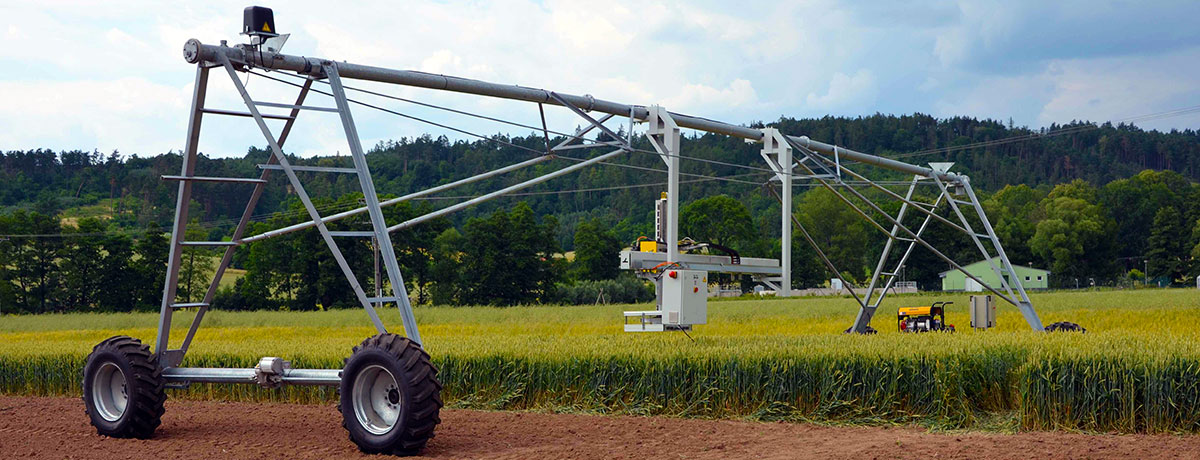
- Tower pivots with the span of 20 m are built strong and durable for long-term reliability in field conditions
- Multi-functional sensor platform on XZ robotic arm mounted on construction tower
- Automatic Gyro-based self leveling adjustment of sensor platform
- Automatic LIDAR – based height adjustment of the sensor platform
- Drive Towers have a wide area wheelbase for good stability and an “A” frame structure for high-strength
- Automatic moving to the end/parking position, in readiness for towing or next deployment
- Automatic alignment of the tower
- Towable tower
- Incorporated diesel generator version
- Self-winding 50 m electric power supply version

Transect FluorCam
Open customized fluorescence imaging system for plant screening in the laboratory, greenhouse or for scanning transects in the field. The transect FluorCam monitors plants along a transect several meters wide. It may be used for high throughput screening and for monitoring plants affected by a stress gradient. Samples may be grown in the field, in soil, in pots or in large growth trays.

Rover FluorCam
Customized fluorescence imaging system for physiological screening in the greenhouse and in the field. The wheels provide exceptional stability and easy movement among plants. The height of the imaging array is adjustable so that small plants, as well as plants such as corn, soybean etc. may be studied in situ without physical disturbance.
The PlantScreenTM Field System is modular and designed so that additional features may be added as the user´s screening requirements evolve. The standard layout can be adapted for measurements with plants of different dimensions and grown in various field, pot and tray configurations.
We consult with you extensively to ensure that our technology is configured to meet your needs precisely. Our team of plant physiologists, image-processing specialist and technical engineers can shape our technology meet your requirements precisely.
Our new Phenotyping Research Center includes field sites, greenhouses and growth rooms equipped with all our state of the art imaging equipment. We welcome scientists here to try our equipment before purchase and to do proof of concept studies. We also conduct fee-for service phenotyping measurements. Contact us for more information.

